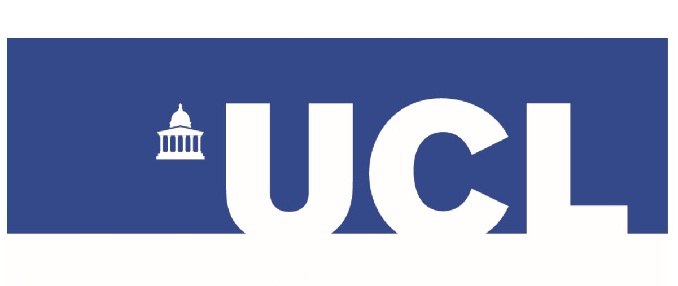Health
New Team to Develop Radiotherapies that Target Cancer more Effectively

Safer precision radiotherapies that will be able to cure more cancers with fewer side-effects will be available within five years under ambitious new plans for research and treatment at the UCL Cancer Institute and University College London Hospitals (UCLH) NHS Foundation Trust.
Four out of ten cancer cures currently involve radiotherapy*, and new techniques including proton beam therapy will help to make radiotherapy an even safer and more effective option for a wider range of cancer patients at UCLH. The UK government has committed £250 million to develop high energy proton beam therapy services at UCLH and Manchester, with the first UCLH patient treated during 2019.
UCL and UCLH have appointed Professor Ricky Sharma, a world-leading oncologist from Oxford University specialising in radiotherapy and cancer biology, to lead the new clinical research programme alongside a team of top physicists. The Chair in Radiotherapy and supporting posts for Professor Sharma are supported by the National Institute for Health Research University College London Hospitals Biomedical Research Centre.
“Radiotherapy is one of our best weapons against cancer, but it is not always used to its full potential,” explains Professor Sharma, appointed Professor of Radiation Oncology at the UCL Cancer Institute and Honorary Consultant in Clinical Oncology at UCLH. “By linking up UCL’s expertise in cancer biology with UCLH’s precision radiotherapy, we aim to develop new treatments with better cure rates, fewer side-effects and shorter treatment times.
“Current techniques typically deliver an even dose of radiation across the whole tumour, but can risk leaving more biologically resilient parts of the tumour insufficiently treated and irradiating more healthy tissue than we need to.” Professor Sharma’s ambition is clear: “Over the next five years, our goal is to use advanced imaging techniques and tumour biopsies to identify those resilient parts of the tumour so that we can modify the radiotherapy to treat these regions sufficiently. This will help us to kill the cancer more effectively while causing less or even no damage to healthy tissue.”
Together UCL and UCLH will run a series of clinical trials to test new radiotherapy techniques in patients. This vital link between university research and hospital patients will be facilitated by the National Institute for Health Research University College London Hospitals Biomedical Research Centre, who are one of the co-funders of the research programme.
“We are building a vital link between the laboratory and clinical setting which will enable us to develop advanced radiotherapy techniques for both conventional and proton beam therapy,” says Dr Yen-Ching Chang, clinical lead for radiotherapy and proton beam therapy at UCLH. “With UCLH’s new proton beam therapy centre opening during 2019, we will be at the forefront of research in this field. Children, teenagers and young adults will stand to gain significantly from the use of proton beam therapy. This is because irradiating developing tissues may result significant long-term effects such as problems with growth, development through puberty, IQ, requirements for life long hormone replacement, infertility heart and lung damage as well as an increased risk in the development of a second tumour or cancer.”
As part of the comprehensive programme, Professor Gary Royle (UCL Medical Physics) and Richard Amos (UCLH Proton Beam Therapy Physics) are leading a new team of physicists who are working alongside clinicians to bring the results of research as quickly as possible into the clinical setting.
“Although proton beam therapy is already a very precise type of treatment, we are really excited about investigating new ways to image cancers and use protons, potentially improving outcomes for patients even further,” says Richard Amos.
“Radiotherapy is seeing a number of technical developments which have the potential to bring about a step change in what we can achieve for patients,” says Professor Royle. “We need research and education to translate these into better outcomes for cancer patients, so UCL is investing in talented academics who are poised to become research leaders in various aspects of radiotherapy. The breadth and depth of expertise that we have and continue to attract at UCL puts us in a strong position to make a major contribution to the UK’s cancer patients and to the worldwide radiotherapy community.”
UCL lectureships have been awarded to Dr Simon Jolly in Accelerator Physics, Dr Jamie McClelland in Image Guided Radiotherapy and Dr Kate Ricketts in Radiotherapy Physics and Cancer Nanotechnology. Additional appointments are planned to further boost the fields of proton therapy and radiation biology at UCLH and UCL.

















































